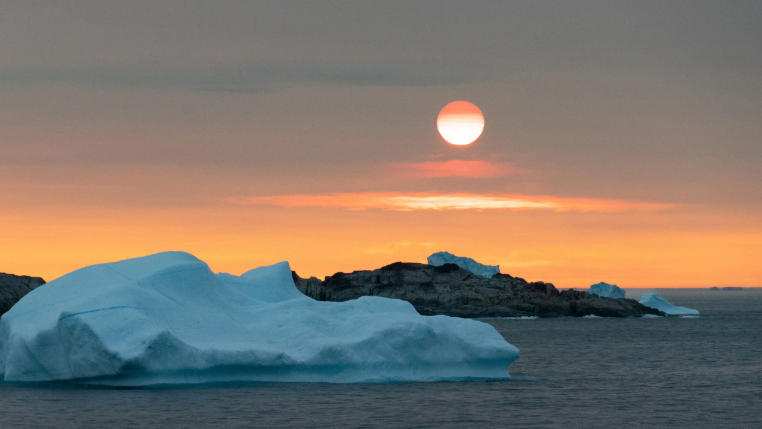Ocean Water: The Lifeblood of Our Planet
Ocean water plays a crucial role in maintaining the balance of our planet’s ecosystem. Covering over 70% of the Earth’s surface, the oceans are not only vital for marine life but also influence climate, weather patterns, and even human health. Understanding ocean water can enhance our appreciation for this vast resource and encourage sustainable practices to protect it.
The Composition of Ocean Water
Ocean water is a complex mixture of various components. Approximately 96.5% of seawater is pure water, while the remaining 3.5% consists of salts, primarily sodium chloride. Additionally, ocean water contains trace elements, nutrients, and organic matter, all of which are essential for marine life. These components create a rich ecosystem that supports everything from tiny plankton to massive whales. Moreover, the salinity of ocean water influences water density, circulation patterns, and even climate regulation.
The Importance of Ocean Water for Life
Ocean water is vital not just for marine organisms, but also for terrestrial life. It serves as a primary food source for billions of people around the globe, providing fish and other seafood that are essential to human diets. Beyond its role as a food source, ocean water helps regulate the Earth’s climate by absorbing carbon dioxide and producing oxygen through photosynthetic organisms like phytoplankton. This intricate connection between ocean water and life on land underlines the need to protect our oceans from pollution and overfishing.
The Impact of Human Activity on Ocean Water
Unfortunately, human activities have significantly impacted ocean water quality. Pollution from plastics, chemicals, and agricultural runoff has led to toxic environments for marine life and has severe implications for human health. Additionally, rising temperatures from climate change contribute to ocean acidification, which disrupts marine ecosystems and threatens species survival. By raising awareness about these issues and promoting sustainable practices such as reducing plastic use and supporting clean-up initiatives, we can help improve ocean water quality and protect these vital ecosystems.
In conclusion, ocean water is an essential element of life on Earth, influencing everything from weather patterns to food sources. By understanding its composition, importance, and the threats it faces, we can take meaningful steps toward safeguarding our oceans for future generations. Let’s make a conscious effort to learn more about ocean ecosystems and help protect one of our planet’s most precious resources.

